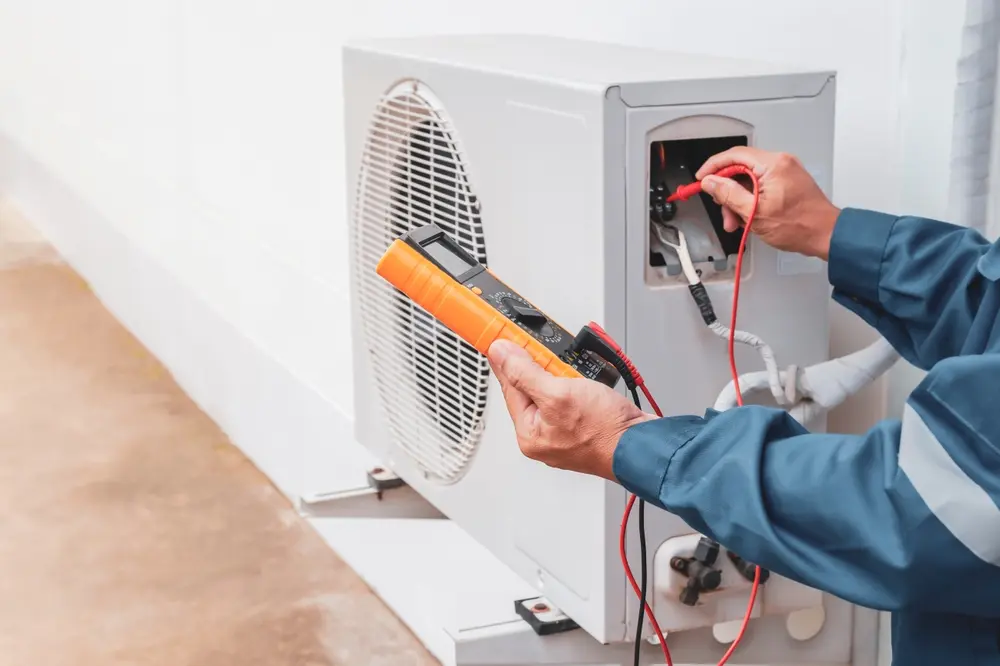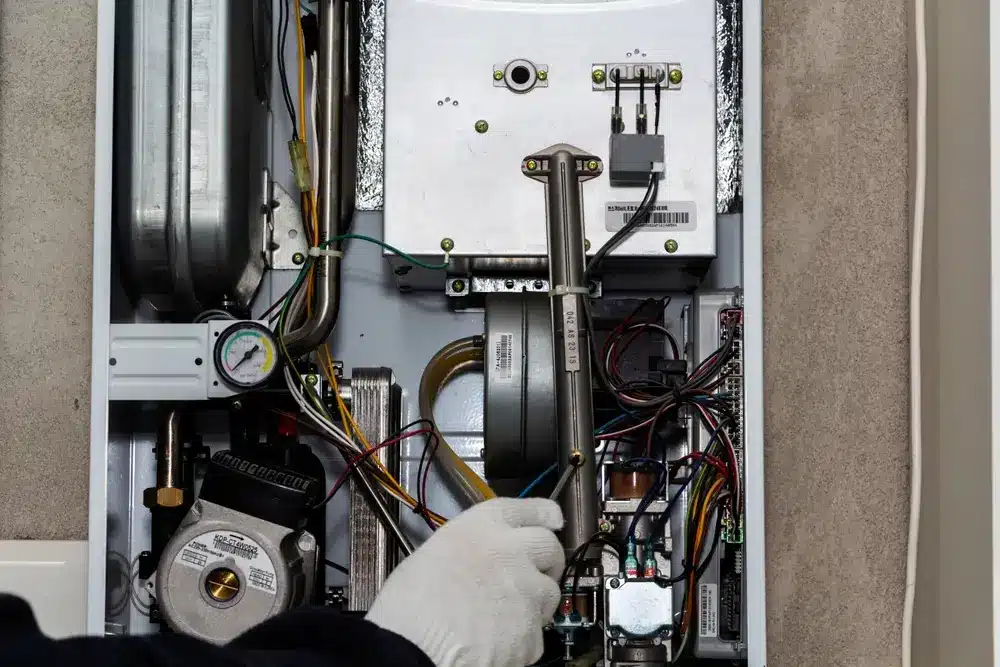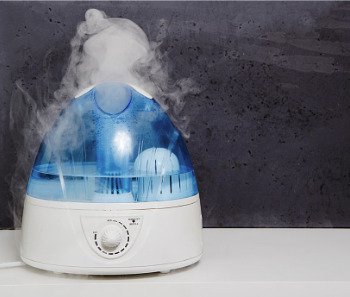Blog
HVAC Efficiency: What It Means and Why It Matters
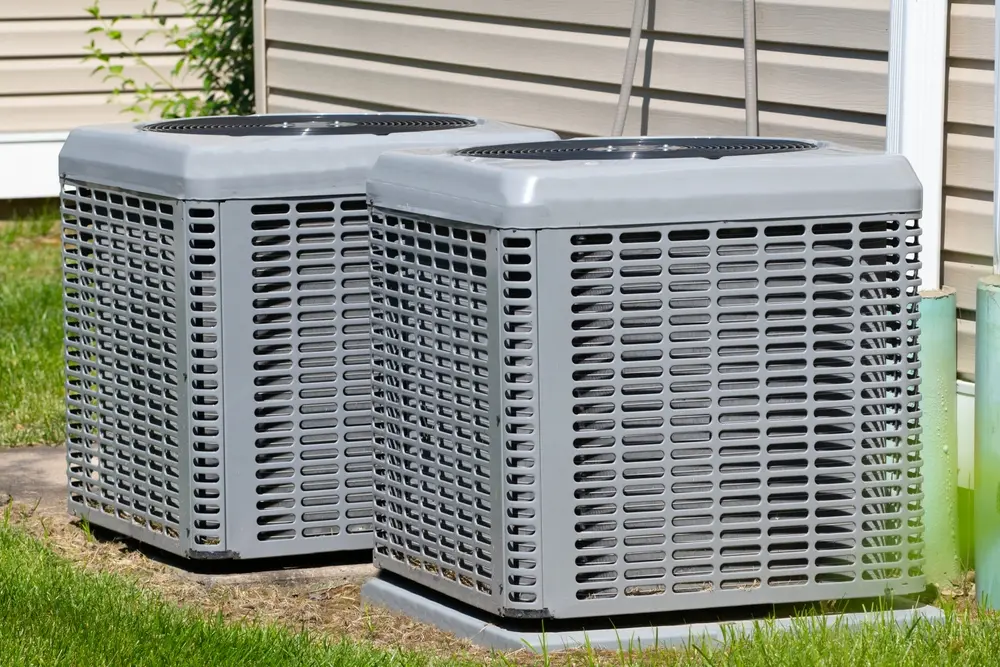
When it comes to home comfort, energy costs can rise quickly. But did you know that your HVAC system plays a significant role in how much energy you use? The more efficient it is, the less energy it wastes. And that means lower bills, better comfort, and cleaner air.
In this guide, we’ll define HVAC efficiency, how to measure it, and simple ways to improve it. We’ll also examine the new EPA rules for 2025 and how selecting an energy-efficient system can save you hundreds of dollars each year.
Whether you’re shopping for a new system or amping up your current one, these tips will help you stay comfortable without wasting money.
What is an HVAC Efficiency Rating?
HVAC efficiency ratings help you understand how much energy your air conditioner system uses to heat or cool your home. Higher ratings typically indicate lower energy use and costs for most homes. So, how do you determine your current rating, and what steps can you take to improve your HVAC efficiency?
There are a few different ways that efficiency ratings are measured. Depending on what kind of unit you have, one or more of the following HVAC efficiency rating metrics may apply.
Energy Efficiency Ratio (EER)
The Energy Efficiency Ratio (EER) measures how well your air conditioner cools a space while using a steady amount of energy. It’s calculated by dividing the cooling output by the amount of electricity used (in watts).
EER ratings are typically tested at higher outdoor temperatures to see how well a unit performs under pressure. This makes it a good way to measure real-world efficiency, especially for smaller systems like window units.
A higher EER can especially help you save more on energy costs if you live in a hot, dry climate.
Seasonal Energy Efficiency Ratio (SEER)
The Seasonal Energy Efficiency Ratio (SEER) measures how efficiently your air conditioner operates over an entire cooling season. Unlike the Energy Efficiency Ratio (EER), which reflects performance at a single point in time, SEER provides a comprehensive view of how your system performs across varying weather conditions.
In Kansas, where the climate fluctuates significantly throughout the year, SEER ratings are especially important for homeowners. SEER is commonly used to rate central air conditioning systems, a popular choice in many Kansas residences.
A SEER rating of 14 or higher is generally considered energy-efficient across most regions. The higher the SEER rating, the more energy and money you can save over time.
Energy Star Certification
Energy Star ratings compare how efficient an HVAC system is against other models of the same size and type. Products receive a rating between 1 and 6 stars. The more stars, the more efficient the system.
If a unit has the blue Energy Star label, it meets strict efficiency standards set by the U.S. Environmental Protection Agency (EPA). These models often use 10–15% less energy than standard models.
Annual Fuel Utilization Efficiency (AFUE)
Annual Fuel Utilization Efficiency (AFUE) shows how well your furnace turns fuel, like gas or oil, into heat for your home. It measures the percentage of fuel energy that actually warms your house compared to the amount of fuel the furnace uses.
For example, an AFUE rating of 90% means that 90% of the fuel’s energy is turned into heat, while the remaining 10% is lost as waste. Higher AFUE ratings not only save you money but also help reduce carbon emissions by using fuel more effectively.
Choosing a furnace with a high AFUE rating supports cleaner energy use and lowers your home’s environmental impact.
Heating Seasonal Performance Factor (HSPF)
The Heating Seasonal Performance Factor (HSPF) measures how efficiently a heat pump heats your home over an entire season. It’s similar to SEER but focuses on heating instead of cooling. A higher HSPF means the heat pump uses less energy to keep your home warm, which can save you money on heating bills.
This rating is especially useful if you live in colder areas where heating is a big part of your energy use. Choosing a heat pump with a high HSPF means better performance and lower energy costs during the winter months.
Minimum Efficiency Reporting Value (MERV)
A Minimum Efficiency Reporting Value (MERV) measures how well your HVAC system removes contaminants from your indoor air.
A higher MERV rating means better indoor air quality, which helps your system run cleaner and more efficiently. Choosing the right MERV filter can also reduce allergens and improve overall comfort in your home.
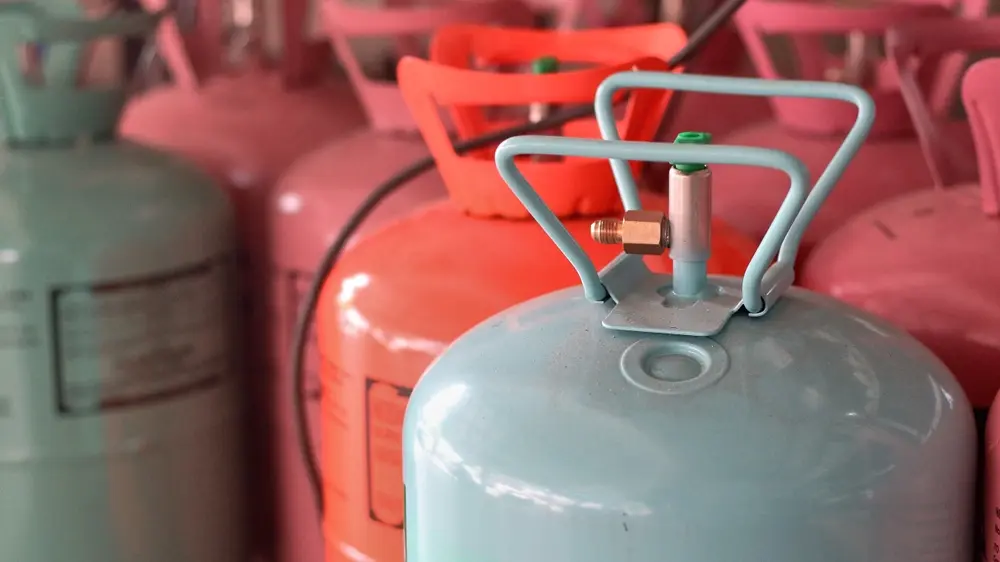
Understanding the EPA's Push for Energy-Efficient HVAC Systems
In 2025, the EPA rolled out new rules to improve energy efficiency across the HVAC industry. These updates aim to reduce carbon emissions, lower energy costs, and protect the environment. The changes include stricter requirements for HVAC systems, such as higher minimum SEER ratings for air conditioners and heat pumps.
If you’re planning to replace or upgrade your system, here’s what you should know.
The Phase-Out of High-GWP Refrigerants
One of the biggest updates in the 2025 EPA regulations is the phase-out of high-GWP refrigerants. GWP stands for Global Warming Potential. Refrigerants with a high GWP can be harmful to the environment when released into the air.
The 2025 EPA regulations are phasing out older refrigerants like R-410A in favor of cleaner alternatives with lower environmental impact, such as R-32 or R-454B.
Starting in 2025, manufacturers will no longer be allowed to produce HVAC systems that use high-GWP refrigerants. If your current system uses one of these older refrigerants, you won’t need to replace it right away. But you may need to upgrade in the future. While that might come with some upfront cost, it’s also a chance to improve your system’s performance and HVAC efficiency.
Improving HVAC System Performance and Reliability
The 2025 EPA standards also raise the minimum SEER and HSPF ratings for new HVAC systems. Manufacturers are now required to build units that use less energy, perform more efficiently, and last longer. The goal is to reduce energy waste and improve long-term system reliability.
Here’s how these updates benefit homeowners:
- Lower monthly energy bills
- Less wear and tear on equipment
- Fewer unexpected breakdowns
- Reduced carbon footprint
New systems are built to run smarter than models from just a few years ago, making upgrades more worthwhile. If your current unit is older, it may not meet today’s efficiency standards, even if it still works. And if it uses a phased-out refrigerant or has a low SEER rating, it could be costing you more in the long run.
Upgrading to a newer system means energy-efficient cooling and heating, improved comfort, and lower utility costs for years to come.
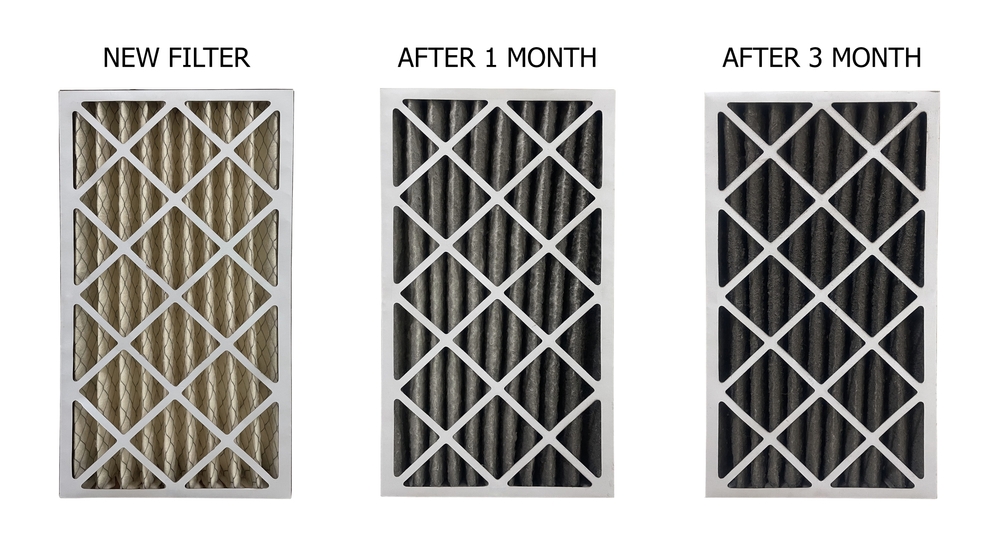
HVAC Energy Saving Tips to Maximize Your System's Performance
Not ready to replace your HVAC system just yet? No problem. There are several simple, low-cost steps you can take right now to improve HVAC efficiency and extend the life of your system.
These HVAC energy-saving tips are easy to follow and can help lower your energy bills while keeping your home comfortable year-round.
1. Regularly Change Your Air Filter
Clogged or dirty filters make your HVAC system work harder than it needs to. When airflow is blocked, your system has to run longer to heat or cool your home. This wastes a lot of energy in the process.
Check your filter every 1–2 months and replace it when it looks dirty. For homes with pets, allergy sufferers, or smokers, you might need to change it more often.
Clean filters also improve indoor air quality, helping your family breathe easier.
2. Schedule a Tune-Up Annually
Your HVAC system needs regular maintenance and repair to keep running efficiently. A yearly inspection can catch small issues before they turn into expensive repairs and keep your system performing at its best.
During a tune-up, a technician will:
- Check refrigerant levels
- Test safety controls
- Tighten electrical connections
- Clean coils and blower components
This helps prevent breakdowns and ensures your unit is working as efficiently as possible.
3. Install a Smart Thermostat
Smart thermostats enable you to control your home’s temperature remotely from your phone, tablet, or computer. These Wi-Fi-enabled devices offer features that help you take full control of your comfort.
They learn your routine and automatically adjust the temperature, saving energy when you're away and keeping your home comfortable when you're there. According to the Department of Energy, setting your thermostat back 7–10 degrees for 8 hours a day can save up to 10% annually on heating and cooling.
A smart thermostat upgrade can make saving time, money, and energy more accessible.
4. Seal and Insulate Your Ducts
Leaky ducts can waste a lot of your HVAC system’s energy. This prevents heated or cooled air from reaching your living spaces efficiently and can drive up your energy bills.
To fix this, seal leaks and gaps with mastic sealant or foil tape, and insulate ducts located in unconditioned areas like attics or crawl spaces.
Taking these simple steps can improve your system’s efficiency and keep your home more comfortable.
5. Ensure Proper Installation
Even the best HVAC system can lose up to 30% of its efficiency if installed incorrectly. Issues such as improper sizing, poor ductwork, or incorrect refrigerant charge can all impact performance.
If you’re replacing your unit, make sure to hire a trusted HVAC professional who follows proper sizing and testing procedures. This can save you money in the long run and reduce costly repairs.
For reliable, expert AC installation in Wichita, trust the certified team at Eck Services.
Start Saving With a More Energy-Efficient HVAC System
Whether you’re dealing with rising energy bills or just want better comfort year-round, improving your system’s efficiency is a smart move. From small changes such as filter swaps to full system upgrades, every step makes a difference.
If you’re ready to take control of your comfort and HVAC efficiency, Eck Services is here to help. Our team provides expert air conditioning installation, replacement, repairs, and maintenance throughout Wichita and the surrounding areas. We’ll make sure your system is the right fit for your home and installed for peak performance and reliability.
Ready for a cooler, more efficient home? Schedule your AC service today.



